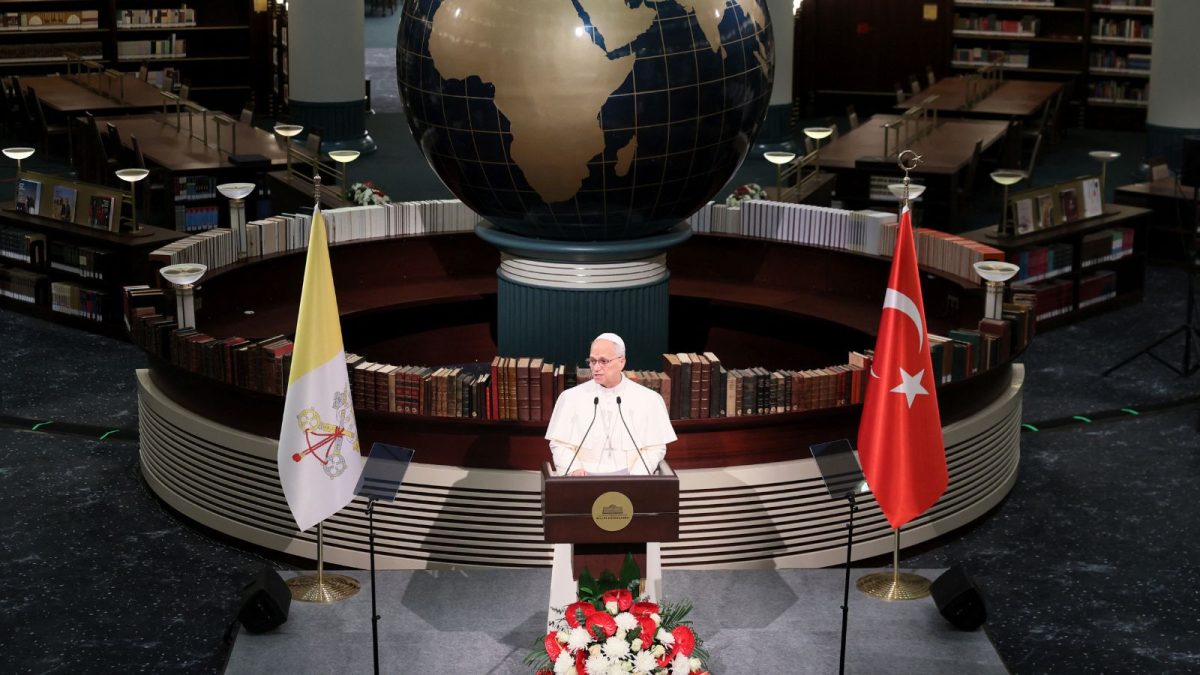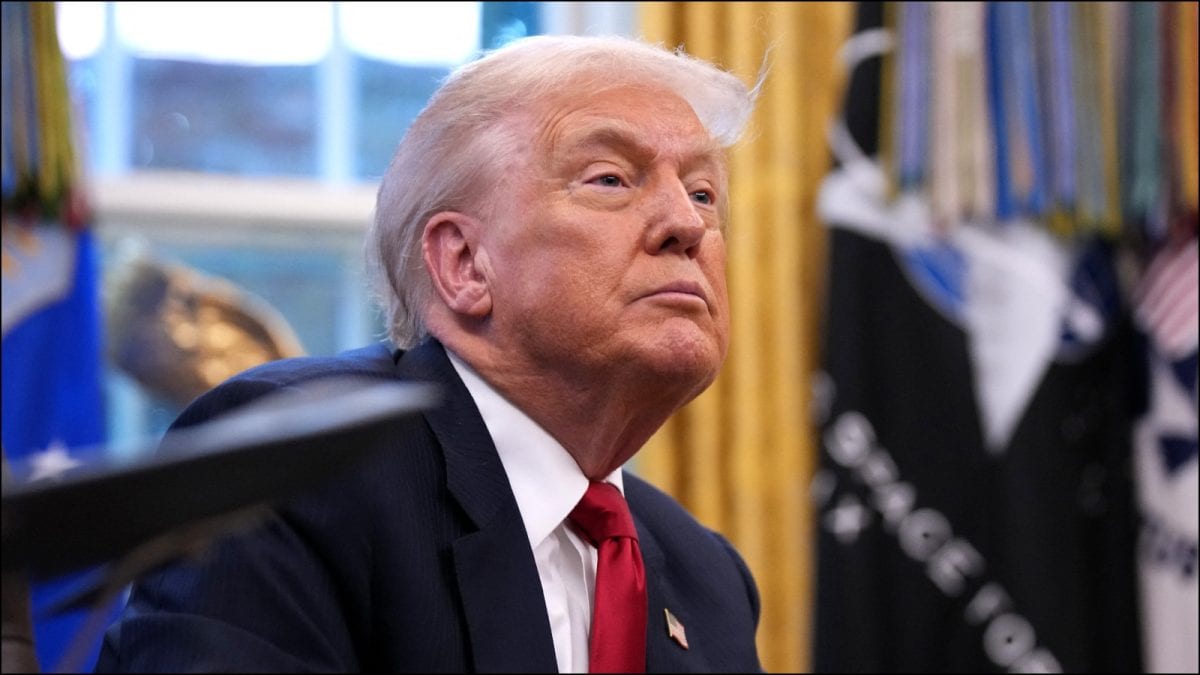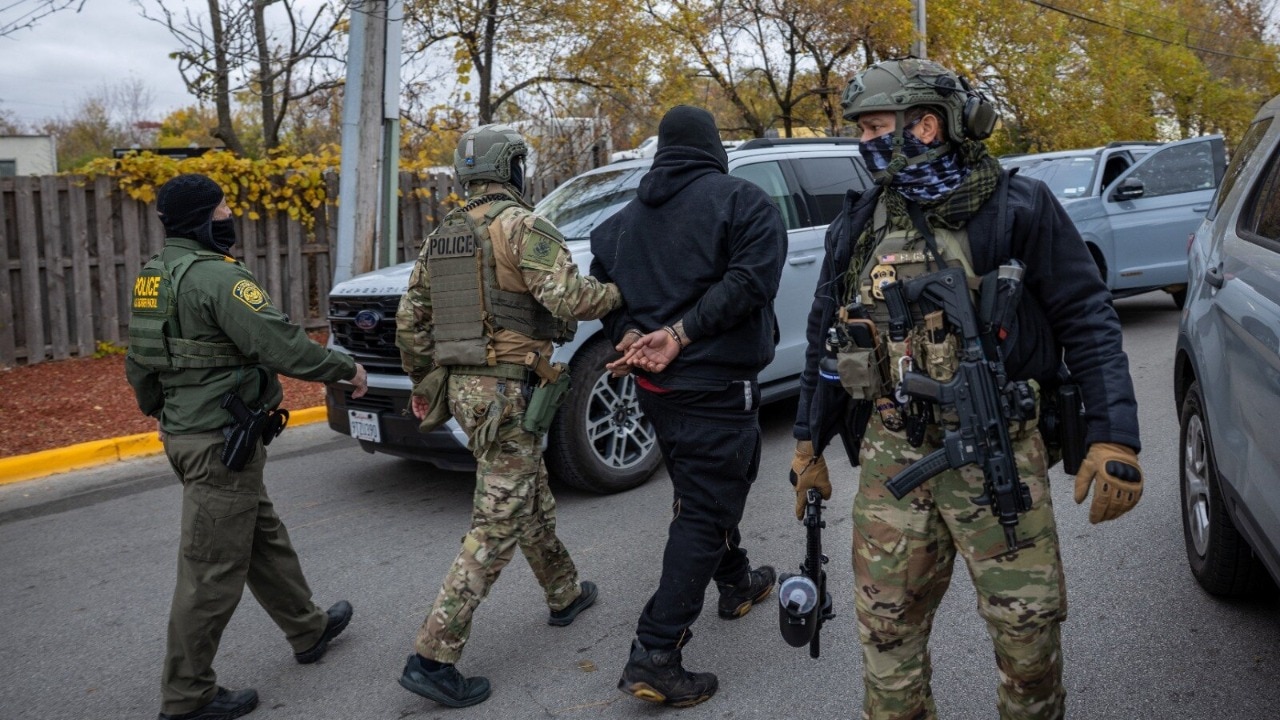Pakistan's defence minister warned India of severe consequences following comments from India's army chief about erasing Pakistan from the world map. The escalating rhetoric highlights continued tensions and the potential for further conflict.

Pakistani Defence Minister Khawaja Asif. (Photo: Reuters/File)
Days after Indian Army chief Gen Upendra Dwivedi warned that Islamabad would be erased from the world map if it continued to back state-sponsored terrorism, Pakistani Defence Minister Khawaja Asif on Sunday threatened that India would be "buried under the wreckage of its warplanes".
Asif's remarks came after the heads of the Indian armed forces and Defence Minister Rajnath Singh cautioned Pakistan against any misadventure. Clearly rattled by India's strong statements, Asif flagged "provocative statements" from the Indian top security establishment.
He claimed that such statements made by the Indian military and political leaders were a "failed attempt" to restore what he called their lost credibility and due to pressure following Operation Sindoor in May.
"The statements of the Indian military and political leadership are a failed attempt to restore their tarnished reputation. After such a decisive defeat with a score of 0-6, if they try again, the score, God willing, will be far better than before," Asif said.
While Asif did not elaborate on what he meant by the score of 0-6, it is widely referred to unverified claims of Pakistan shooting down six Indian fighter jets during Operation Sindoor. Islamabad has provided no proof to support its claims.
Operation Sindoor was launched on May 7, in response to the April 22 Pahalgam terror attack, and the Indian military targeted terror infrastructure in Pakistan and Pakistan Occupied Kashmir. The strikes triggered four days of intense clashes that ended with an understanding between on stopping military actions on May 10.
India has been maintaining that Pakistan pleaded to end the hostilities in May after the Indian military pounded various Pakistani military infrastructure.
ARMY CHIEF, AIR CHIEF MARSHAL AND RAJNATH SINGH'S WARNINGS TO PAK
On October 4, Army chief Gen Dwivedi cautioned Pakistan, asking it to stop sponsoring terrorism on its soil if it wanted to retain its place on the world map. He also said that the restraint shown by New Delhi during Operation Sindoor would not be repeated in case of a future military conflict.
"India, as a country, is fully prepared this time. And this time, it will not show the restraint that it showed during Operation Sindoor 1.0. This time we will take a step forward and act in a manner that will make Pakistan think whether it wants to remain on the world map or not," General Dwivedi said.
Separately, Air Chief Marshal AP Singh on Friday said at least a dozen Pakistani military aircraft, including US-origin F-16 jets, were destroyed or damaged in Indian strikes during Operation Sindoor.
He also described Islamabad's claims of Indian losses as "fanciful stories".
"What we have gathered from the intelligence report is that because of these strikes, radars at least four places, command and control centres at two places, runways at two places and then three of their hangars in three different stations have been damaged," he said.
At an event in Hyderabad on Friday, Rajnath Singh said India can cross any border whenever necessary to protect its people and safeguard the country's unity and integrity, while citing the 2016 surgical strike, 2019 Balakot airstrike and Operation Sindoor.
Targeting Pakistan, Rajnath Singh also said that any misadventure by Islamabad in the Sir Creek sector will invite a "decisive response" that could be strong enough to change both "history and geography".
Sir Creek is a 96-km-long tidal estuary between Gujarat’s Rann of Kutch and Pakistan and is considered a disputed region due to varying interpretations of maritime boundary lines by both sides.
The already strained ties between India and Pakistan nosedived following the April 22 Pahalgam terror attack, which claimed 26 lives. India responded by taking a series of diplomatic measures, including the pausing of the Indus Waters Treaty. New Delhi has made it clear that any future talks with Islamabad will only involve the return of POK to India.
- Ends
(with inputs from PTI)
Published By:
Prateek Chakraborty
Published On:
Oct 6, 2025
Tune In

 1 month ago
1 month ago


















